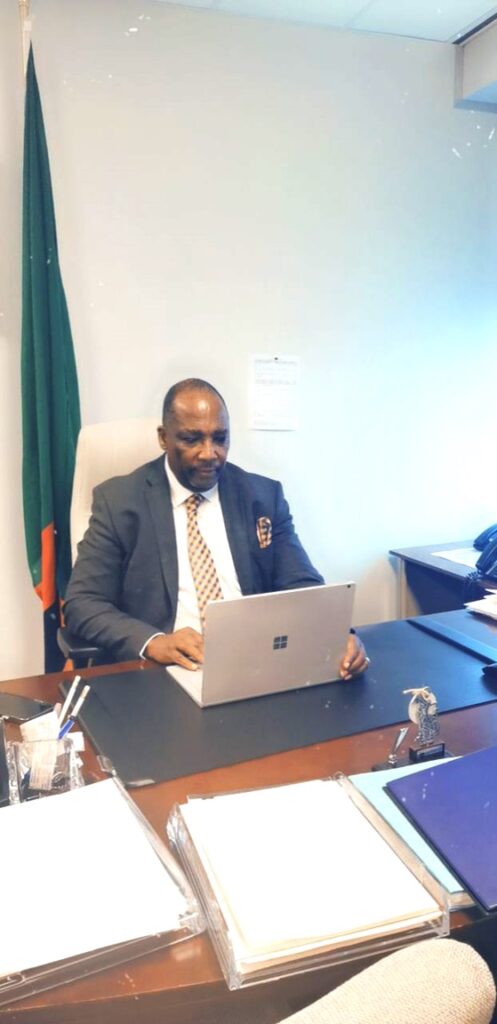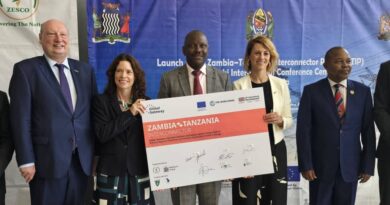How Sustainable Aviation Fuel Could Transform African Air Travel Beyond Going Green
Africa’s aviation industry is on the cusp of a major transformation as six African nations prepare to produce Sustainable Aviation Fuel (SAF). This move, announced at the recent AviaDev conference, is poised to revolutionize air travel across the continent by promoting environmental sustainability and fostering economic self-reliance.
Vincent Banda, Director of Ground Operations, Cargo, and Catering at Proflight Zambia, who attended the conference, emphasized the strategic significance of this development.
“This initiative is about more than just reducing carbon emissions; it’s about empowering Africa to become self-reliant in aviation fuel production,” Mr. Banda stated. “By producing SAF locally, we can decrease our dependence on imported fuel, create jobs, and stimulate economic growth throughout Africa.”
Currently, SAF—derived from agricultural products and solid waste—costs approximately four times more than conventional jet fuel, a price gap that has hindered widespread adoption.
However, the AviaDev conference showcased innovative methods for producing SAF from water and air, which could dramatically lower production costs and make SAF a viable option for airlines across Africa.
Zambia is at the forefront of this groundbreaking initiative, with ongoing discussions involving the World Bank and the International Civil Aviation Organization (ICAO) to explore SAF production.
Mr. Banda highlighted that a project is already at the feasibility stage, which could position Zambia as the first African country to produce SAF at scale.
“The local production of SAF has benefits that go beyond environmental impact,” Mr. Banda explained. “As SAF becomes more affordable and accessible, it will attract more airlines to fly to and within Africa, boosting our tourism and trade sectors. Moreover, reducing our reliance on imported fuel will strengthen the resilience and self-sufficiency of Africa’s aviation sector.”
However, the path to widespread SAF adoption is not without challenges. Banda pointed out the need for significant infrastructure development, favorable regulatory frameworks, and adequate funding.
He emphasized that collaboration among governments, airlines, and international organizations will be crucial to overcoming these hurdles.
The AviaDev conference highlighted the importance of cooperation within the aviation industry, with a particular focus on government support for developing new routes and promoting aviation growth.
Mr. Banda stressed that similar support would be essential for expanding SAF production and usage. “Governments can play a vital role by providing incentives for SAF production, investing in the necessary infrastructure, and creating favorable regulatory environments,” he said.
The move toward SAF aligns with broader African initiatives such as the Single African Air Transport Market (SAATM) and the African Continental Free Trade Area (AfCFTA), both of which aim to enhance air connectivity and trade across the continent. As these initiatives gain momentum, the demand for sustainable fuel options is expected to rise.
Looking ahead, Mr. Banda called for continued investment in SAF research and development. “The innovative water and air-based production methods discussed at AviaDev are just the beginning. By fostering ongoing innovation in this field, Africa can stay at the forefront of sustainable aviation technology.”



